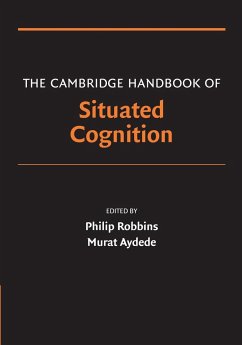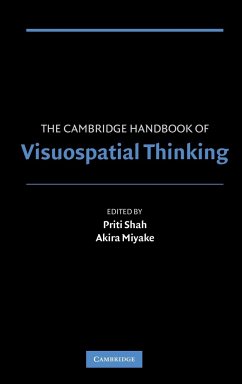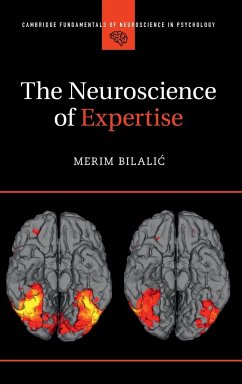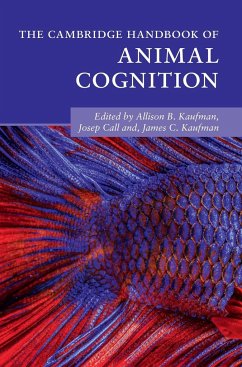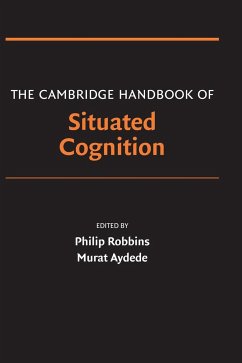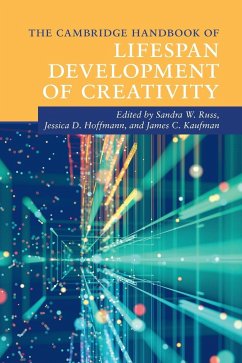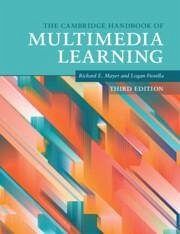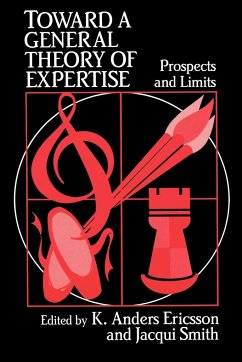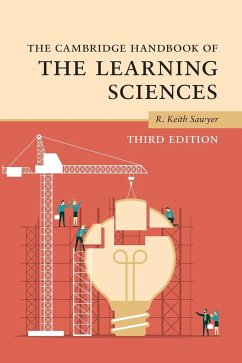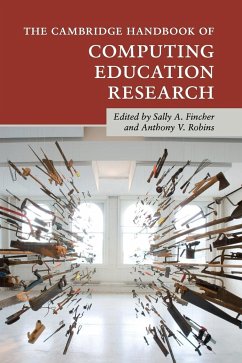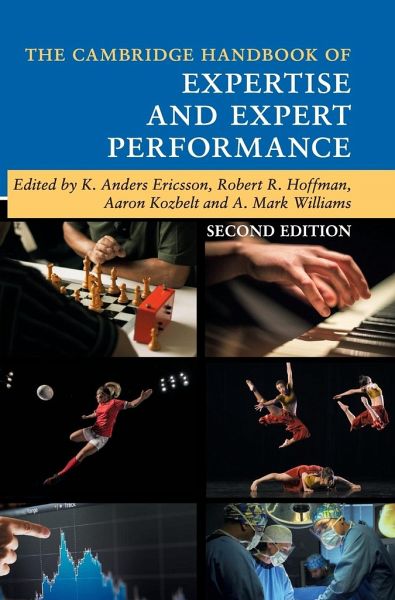
The Cambridge Handbook of Expertise and Expert Performance
Versandkostenfrei!
Versandfertig in 1-2 Wochen
197,99 €
inkl. MwSt.
Weitere Ausgaben:

PAYBACK Punkte
99 °P sammeln!
In this updated and expanded edition of The Cambridge Handbook of Expertise and Expert Performance, some of the world's foremost experts on expertise share their scientific knowledge of expertise and expert performance and show how experts may differ from non-experts in terms of development, training, reasoning, knowledge, and social support. The book reviews innovative methods for measuring experts' knowledge and performance in relevant tasks. Sixteen major domains of expertise are covered, including sports, music, medicine, business, writing, and drawing, with leading researchers summarizing...
In this updated and expanded edition of The Cambridge Handbook of Expertise and Expert Performance, some of the world's foremost experts on expertise share their scientific knowledge of expertise and expert performance and show how experts may differ from non-experts in terms of development, training, reasoning, knowledge, and social support. The book reviews innovative methods for measuring experts' knowledge and performance in relevant tasks. Sixteen major domains of expertise are covered, including sports, music, medicine, business, writing, and drawing, with leading researchers summarizing their knowledge about the structure and acquisition of expert skills and knowledge, and discussing future prospects. General issues that cut across most domains are reviewed in chapters on various aspects of expertise, such as general and practical intelligence, differences in brain activity, self-regulated learning, deliberate practice, aging, knowledge management, and creativity.





